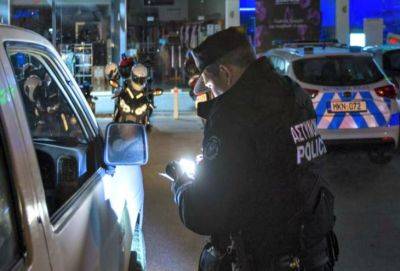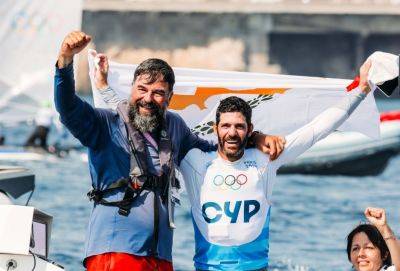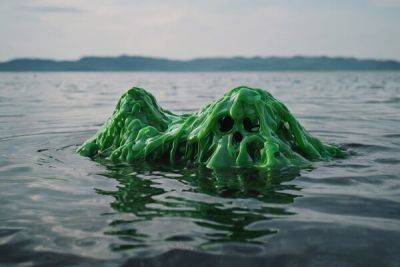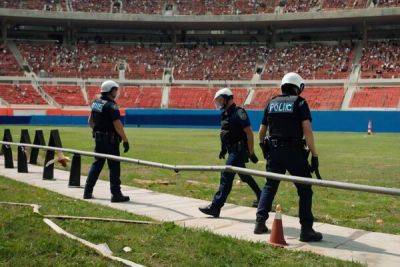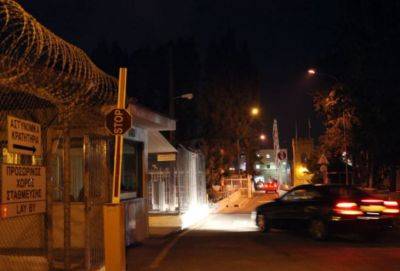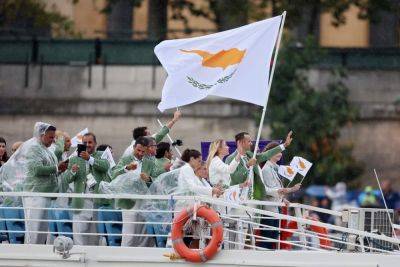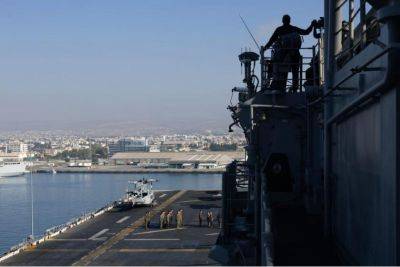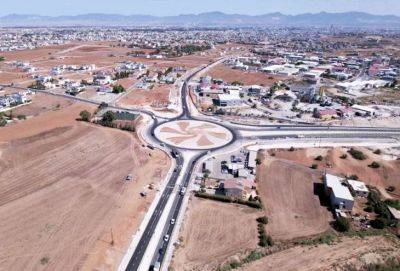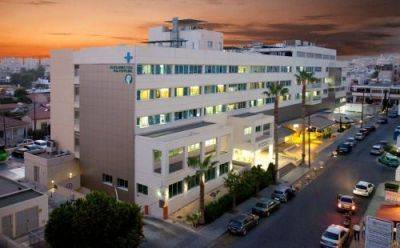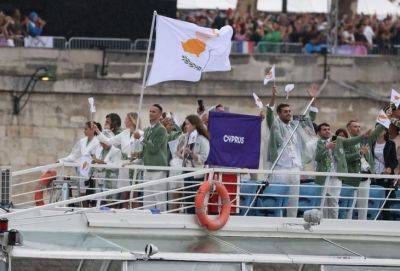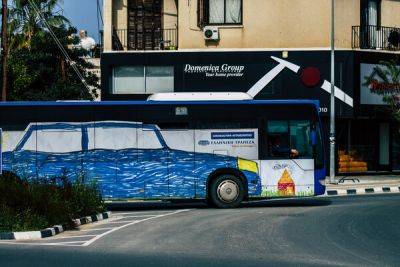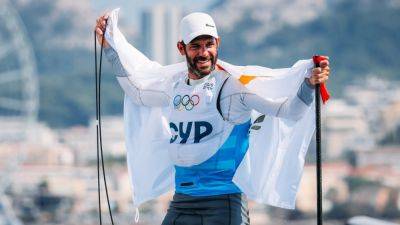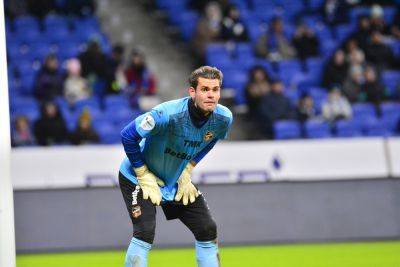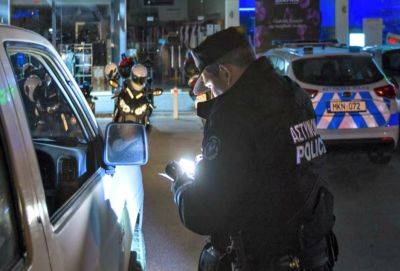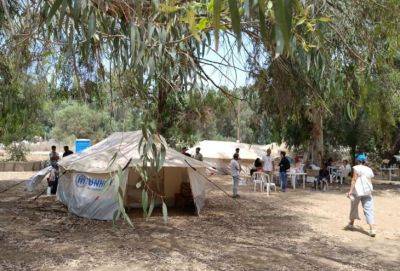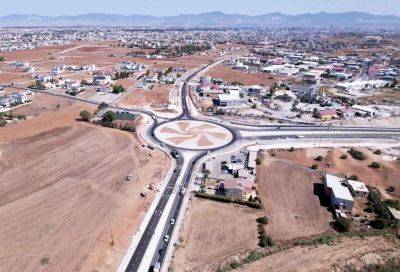50 years after Cyprus was torn apart
In July 1974, Colin Smithwas the Observer’s correspondent in Cyprus. Five decades on, he recalls paratroopers dropping from the skies and a grand hotel under siege.
Fifty years ago this month, Athens’s military junta, a colonels’ cabal bent on the union with Cyprus they called enosis, briefly believed that, after three failed attempts, they had finally assassinated Archbishop Makarios, Greek Cypriot president since 1960, when Britain granted Cyprus and its Turkish Cypriot minority independence.
In the late 1950s, Makarios, spiritual and political head of his people, was a firm supporter of both the enosis and the armed guerrillas who, until the British agreed on a formal ceasefire, fought under the acronym Eoka, which translates as National Organisation of Cypriot Fighters. But post-independence Greco-Turkish relations, between both Athens and Ankara and even more so in Cyprus itself, began to deteriorate.
One of the main problems was that memories of what had virtually been a civil war where the British recruited Turkish Cypriots and some Greek Cypriots firmly believed in their Athens-backed enosis dream, were too recent. Much to Makarios’s disgust, an organisation calling itself Eoka B appeared. Kidnapping and murder became rife. The archbishop began to make it plain that Cyprus was too close to Turkey to make union with Greece anything more than a dangerous dream.
Then his enemies tried to kill him. First in a car ambush, and when that failed, in an attempt to shoot down his helicopter that wounded his pilot. These failures only seemed to make his enemies more determined.
In July 1974, the Athens junta’s chosen instrument was a close-quarters assault on the presidential palace by a squadron of elderly Russian tanks,
Читать на cyprus-daily.news


